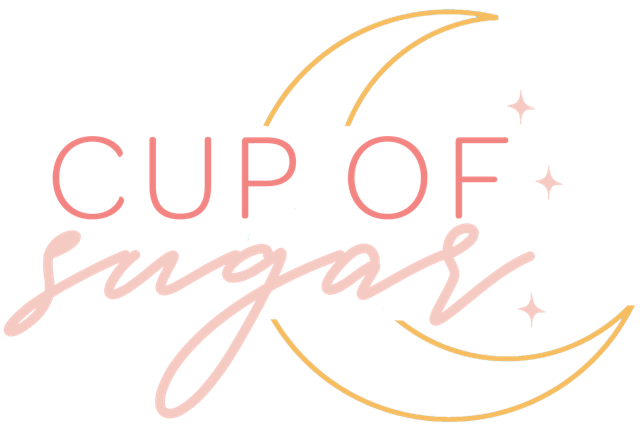The Life-Changing Magic of Trusting Yourself
Why it’s important to Marie Kondo the hell out of your self-doubt…
I posed the following question to my newsletter readers a few weeks ago: What would happen if you trusted yourself completely?
The prompt was sparked by a few questions people ask rather consistently about the tarot shuffling, selecting and reading process: Is there a specific way to do these things? How do I know if I’m doing it right? Is it OK if I do [insert any number of totally innocuous rituals, practices, ways of being]?
I understand the temptation to ask. When we learn something new, we naturally want to know that we’re doing it correctly, that we’re using the proper technique, that our process will achieve the best possible results. But what is right will always be subjective. It will depend on who you ask.
When it comes to reading tarot, there are lots of different methods. Some people read intuitively. Some read more literally based on the descriptions in the tarot guide booklets. Some people shun reversed cards or read them the same as the upright variations. Some pay little attention to cards that fly out of the deck while shuffling; others give those cards their full attention.
When people ask these how-to questions, I tell them what I do and why. I give my (sometimes mad) reasoning in addition to my method, but I never tell them what to do.
My advice is far simpler: trust yourself.
If this sounds cliché, it’s probably because the phrase “trust yourself” has become the go-to advice for today’s brand of spiritual gurus. But being buzzy doesn’t make it bad advice. In the case of tarot, this catchphrase is actually quite essential.
To understand why the charge to “trust yourself” is so vital to reading tarot, it’s important to grasp what tarot really is and how it works. If you’ve been following my work for a while, you’ve likely heard my broken-record explanation. Here it is again:
Tarot is a means of connecting to your intuition. It is a tool for being able to receive guidance from within.
When we read tarot for other people, we connect to their intuition by accessing the universal consciousness, where all of our individual intuitions connect to one another.
I like to imagine the universal consciousness as a stream that flows above us. When I read for a client, I connect to their energy and to the energy of the universal consciousness using a short “body of light” meditation I created for this purpose.
This part is important because all the answers to all the questions we could ever ask, reside within us. We can’t always access them—because we’ve ignored our intuition for so long it stopped speaking to us, because we can’t see a situation clearly, because we don’t know where to begin reconnecting to our inner knowing, etc.—but they are there, nonetheless.
Tarot gives us a way to see what’s within. It’s a visual tool. We can view the messages we need to understand depicted in the cards before us. Then, we can interpret the cards and their messages ourselves or ask an experienced reader to do it for us. In either circumstance, we need to be able to trust.
Trust is remains an essential piece to an effective, transformational reading because it keeps us open to receive. We allow the messages that unfold to reach us, teach us and change us.
If I don’t trust myself to pull the right cards, I am prone to dismiss any message I don’t particularly like. I can blame the pull or my interpretation or empower my mind to talk me out of why this guidance is flawed. I’m more tempted to ask the same question again and again in order to ensure the “right” message makes its way into my psyche.
The same goes for putting your guidance in the hands of someone else. Tarot readers channel the messages within and without you. They can access your inner knowing, the universal consciousness, the spirit guides that seek to steer your journey forward or point out past influences. And if you don’t inherently trust yourself, how will you ever trust someone outside you to tell you what you need to know?
There are exceptions to this rule, of course, but those exceptions also require a certain level of trust in yourself. When we cannot see ourselves clearly, we have to be honest about that fact before we ask someone else to bring clarity to the things we cannot. Trusting yourself enough to know when you can’t fully trust yourself is an art (and contradiction and skillset) onto itself.
Keep in mind, however, that even the most self-assured aren’t capable of trusting themselves 100 percent of the time. It’s more important to trust yourself most of the time, to practice building that trust throughout your life and give yourself grace when you need some outside perspective.
Even when someone else is delivering the universe’s message, having an overarching sense of self-trust will enable you to know whether that guidance feels right, true and impactful. It will also enable you to confidently call bullshit whenever something simply doesn’t sit right. You’ll believe in your ability to know the difference, and that’s the real life-changing magic of trusting yourself.
